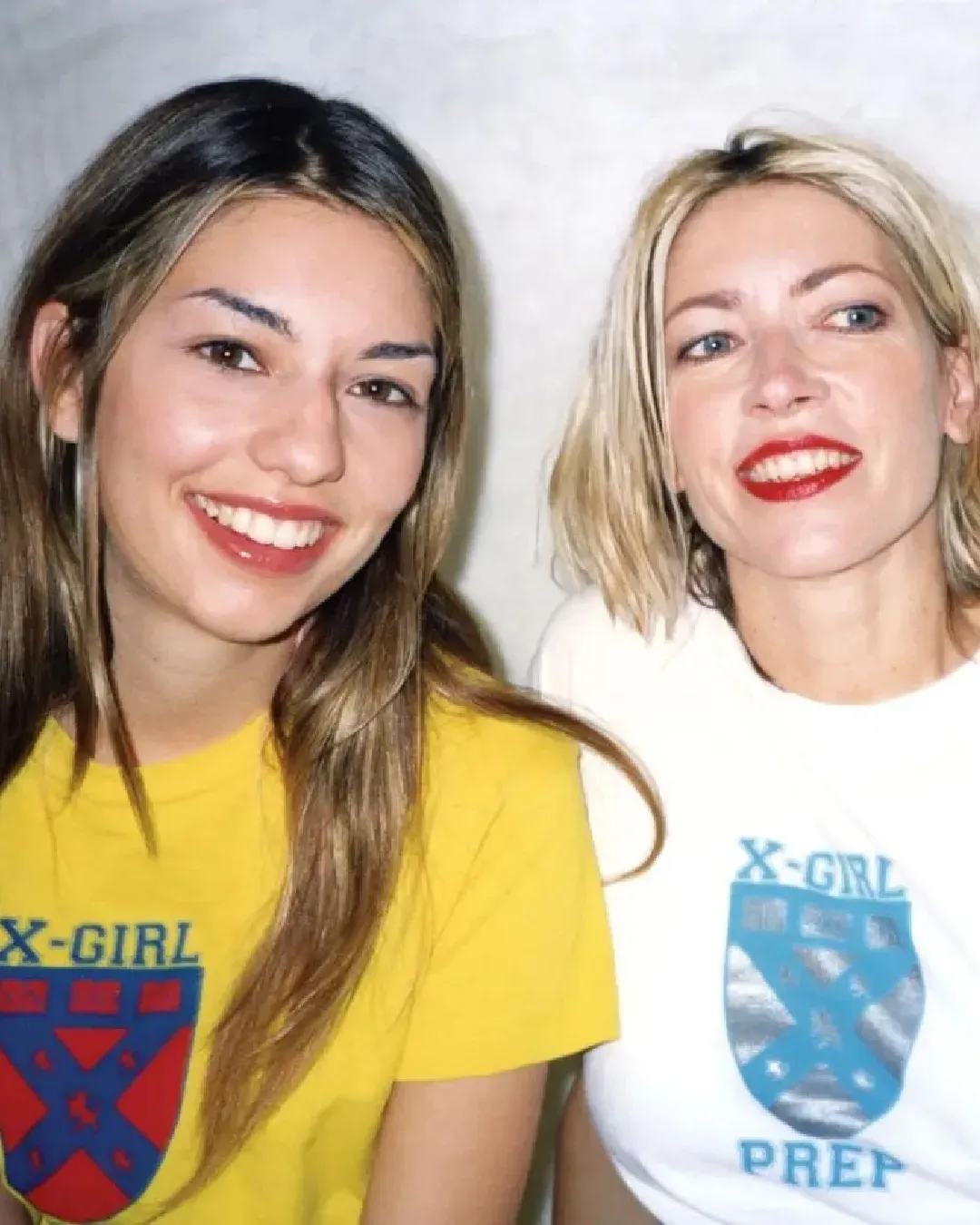
How brands can use Clubhouse Listening and being listened to are different things from seeing and being seen
In recent months, alternative social platforms have grown more and more, often gaining sudden popularity. For the world of fashion communication, this means knowing how to adapt quickly to the many platforms that continue to thrive outside the sphere of the big three: Facebook, Instagram and Twitter. And the new platform that has gained the most traction since the beginning of 2021 is Clubhouse, the messaging app consisting exclusively of voice messages whose access is allowed only through the invitation of another user, a mode that wants to build a reputation of exclusivity around the app and create an organic community. Its popularity is a reaction to the dispersiveness and visual repetitiveness of Instagram and in fact the app was born to offer a messaging experience oriented to conversation and exchange of ideas. Among the two million users active every week there are already Kanye West, Elon Musk and Mark Zuckerberg, the app is expanding from day to day and now brands are also trying to figure out how to ride its wave - something that is still happening for a social media like TikTok, that has a huge success among users but proved to be a difficult communication tool for brands, which have not yet been able to create truly effective campaigns on the platform.
Just agree to do Clubhouse with @kanyewest
— Elon Musk (@elonmusk) February 10, 2021
One of the reasons fashion brands are trying to decipher Clubhouse's mechanisms is the saturation of mainstream social media. Just as users flow away from Facebook and Instagram, spaces full of noise, repetitive content and above all that have exhausted their expressive capabilities, brands have also understood that traditional social media marketing strategies (as in the case of Bottega Veneta, which has put the management of its Instagram image back in the hands of users) must be updated along with social media and therefore have started exploring new platforms. One of these is OnlyFans, on which Rebecca Minkoff has already presented a collection and which, as the Digital Cover N05 of nss magazine presented on OnlyFans has shown, can become a privileged space for the dissemination of uncensored content even by editorial realities.
It is clear that adapting to a new media format is difficult, at least at first, but Clubhouse poses an additional difficulty: being the audio content on the platform not repeatable, completely lacking any visual media, the app requires careful listening, sharing and interaction with the contents that goes beyond liking a picture – in other words Clubhouse implies a real and organic concept of community, an intimate relationship between users. Already the organization of the platform, structured in "rooms", evokes an atmosphere that is both familiar and of personal and exclusive proximity, reinforced by the fact that users can access it by invitation of a friend. This is the exact opposite of the current fashion communication, which is trumpeted and generalist and does not appeal to a precise segmentation. And right here is the rub for brands, which in recent months are experimenting with marketing aimed at private & micro-communities that is based on the equation "brand empathy = brand loyalty" – if sociality cannot be exploited, it simply must be manufactured.
So what does a brand need to succeed on Clubhouse? There are two essential factors: one is the actual content that, verbal or musical, must necessarily go beyond the somewhat exhausted language of press releases and build a culture around the brand that reflects its values and that is not based on visual support; the second is the right fanbase, also to be built, studied and cultivated, to find a segment of consumers who have the will to listen to what the brand has to say and is able to tighten around the values of the brand as well as its products - also becoming a fundamental asset as a micro-communitiy as it is able to provide brands with feedback and opinions. Online fashion circles, those formed by independent and freelance critics who, however, have a very wide following among enthusiasts (think Odunayo Ojo or the @ideservecouture account) already set up real conferences to comment on collections and trends on Clubhouse, so it is certain that a formula for success exists – the main challenge of brands will be to understand what will work for them.


















































